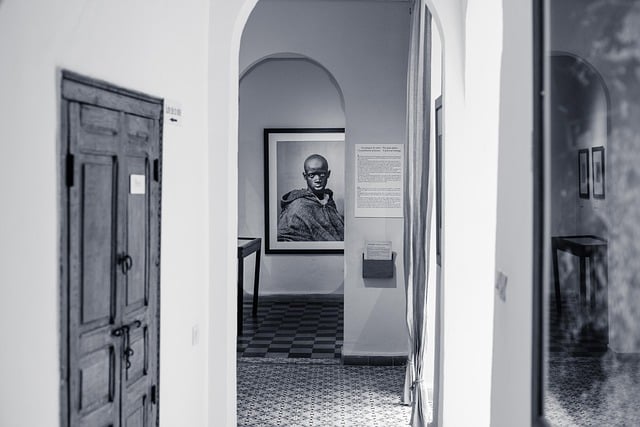As the real estate market continues to expand and property ownership becomes more globalized, the demand for professional property managers adept in house sitting has never been greater. This article delves into the evolving role of these managers, highlighting the necessity for specialized management in house sitting, particularly for long-term and absence scenarios. It explores the legal intricacies, the importance of trust and reliability, and how technology is reshaping oversight. Through case studies, we’ll examine successful strategies and discuss preparing properties for absentee owners, including maintenance and security protocols. Additionally, we’ll cover the nuances of cross-jurisdictional issues, the importance of training and certification, and predictions for the future of house sitting. With a comprehensive approach, this article aims to navigate the challenges faced by property managers in this specialized field, ensuring homes are cared for as if their owners were there themselves. House sitting is no longer just a service—it’s a complex, evolving discipline that requires expert management and a deep understanding of its multifaceted nature.
The Evolving Role of Professional Property Managers in House Sitting: A Necessary Evolution

As the real estate market continues to evolve, the role of professional property managers has become increasingly sophisticated, particularly in the realm of house sitting. With a growing number of property owners seeking reliable management for their investments, these professionals are adapting to meet the demands of modern property care. House sitting, once viewed as a temporary living arrangement, is now a critical component of property management, requiring a blend of traditional oversight with contemporary solutions.
Professional property managers today are tasked with more than just maintaining properties; they are responsible for ensuring the security, integrity, and efficiency of each dwelling they manage. This involves regular inspections, timely maintenance, and effective communication between tenants, owners, and service providers. With advancements in technology, these managers now have access to a suite of tools that facilitate remote monitoring and management of properties, making house sitting a more dynamic and responsive endeavor. The evolution of property management is not just a response to changing market conditions but also to the increasing complexity of managing diverse portfolios, catering to a variety of tenants, and navigating legal and regulatory requirements. As such, professional property managers are indispensable in the current housing landscape, providing peace of mind for owners and occupants alike through their dedicated and expert house sitting services.

When considering the responsibilities associated with maintaining a property, professional property managers play an indispensable role, especially in the context of house sitting. Their expertise is particularly valuable for homeowners who are absent for extended periods, ensuring that their properties are well-maintained and secure. House sitting, a key service within property management, involves the careful oversight of a property in the absence of its usual occupants. This includes routine maintenance tasks, emergency response, and a keen eye for any unusual activities or conditions that may arise. A skilled house sitter not only protects the physical structure from environmental risks or potential break-ins but also safeguards the valuables within. They act as a living deterrent to would-be intruders, maintaining a consistent presence that can significantly reduce the risk of property theft or vandalism. For homeowners who prioritize security and peace of mind while away, professional property managers with expertise in house sitting are an essential asset. Their comprehensive services ensure that properties under their care remain in pristine condition, ready for their owners’ return.






